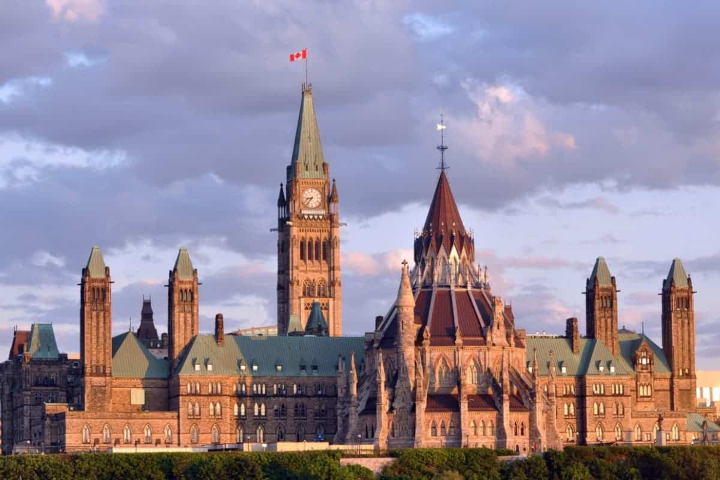

Chrystia Freeland, Canada's Finance Minister, presented the federal Budget 2024 to Parliament. Each year, Canada releases a budget that outlines spending plans for the upcoming fiscal year, influencing life across the country, including for immigrants. The budget delineates the national spending plan for federal services and offers insights into Canada's economic trajectory for the coming year.
Understanding the government's financial allocations is crucial for comprehending Canada's immigration policies going forward. This year's budget features $53 billion in new spending, with a significant focus on enhancing housing affordability, boosting defense expenditure, and enhancing productivity in the labor force to bolster the economy.
While immigration spending wasn't the main focus of this year's budget, some new investments and enhancements to existing measures from previous budgets may aid newcomers in finding affordable housing and accessing employment opportunities in critical sectors.
Housing affordability has been a central issue addressed by Minister Freeland and Prime Minister Trudeau leading up to the budget announcement. Measures targeting millennials and Generation Z, who often face challenges due to high housing costs, were unveiled. These include a Renters Bill of Rights and increased funding for the Apartment Construction Loan Program, aimed at incentivizing the construction of rental housing.
Furthermore, first-time homebuyers can now withdraw up to $60,000 from their RRSPs for purchasing their first home, almost doubling the previous limit. This initiative aims to alleviate the burden of homebuying for young Canadians.
In line with efforts to address housing shortages, the budget underscores recent changes by Immigration, Refugees, and Citizenship Canada (IRCC). The upcoming Immigration Levels Plan 2025-2027 will include targets for temporary residents for the first time, encompassing temporary workers and international students. This move is expected to reduce demand on Canada's limited housing supply.
Additionally, the government has allocated $50 million to the Foreign Credential Recognition Program, with half of the funding directed towards residential construction to assist skilled trades workers in obtaining necessary credentials. The remainder will support the healthcare sector in removing barriers to foreign credential recognition.
The budget also acknowledges the economic impact of immigration on Canada. While newcomers typically earn less than the average Canadian upon arrival, the budget notes that they have been closing the income gap over time. Over the past decade, newcomers have surpassed the median Canadian income by 10% after six years, highlighting their contributions to Canada's economy.
In summary, Budget 2024 outlines significant investments aimed at improving housing affordability and supporting newcomers' integration into the Canadian workforce. By addressing key challenges in housing and credential recognition, the government aims to foster a more inclusive and prosperous society for all Canadians, including immigrants.
Having an 'Identity Verified' badge or being 'Identity Verified' simply indicates that an individual has submitted information to complete our identity verification process or we have conducted internal verification using various authorized websites. While this process includes safeguards, it does not guarantee that the person is who they claim to be.
If you encounter any issues with this profile, please report them here. While all consultants who are verified have RCIC ID, we may not have the latest data in terms of their renewal/cancellation/discontinuation of their RCIC ID.
The "Verified Consultants" profiles are created using publicly available information, including data from the IRCC website, official consultant sites, other listing platforms, and social media. Immiperts.com is an independent platform, not affiliated with IRCC or any registered immigration consultants. To update, claim, or remove your profile, please contact us at hello@immiperts.com.
╳